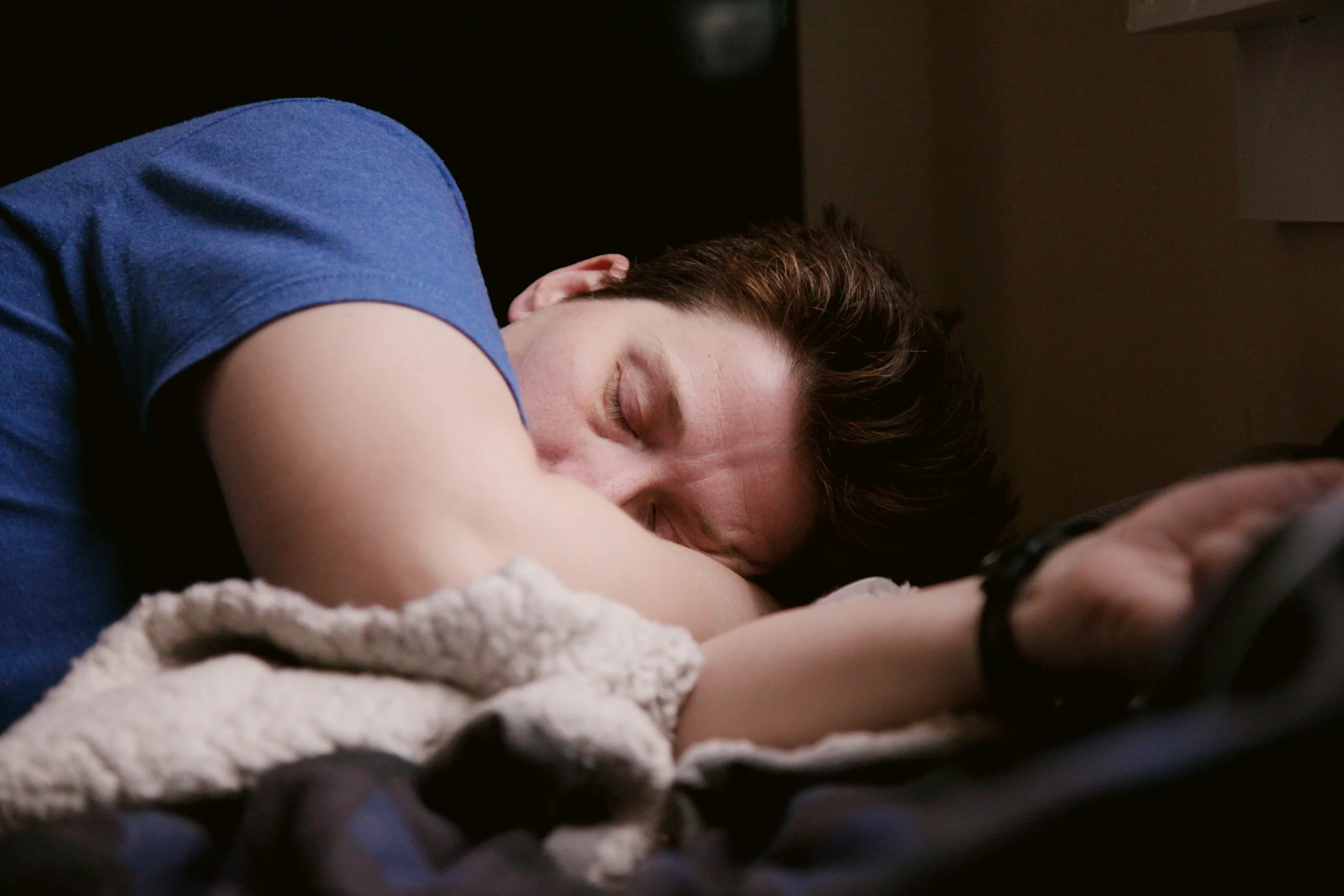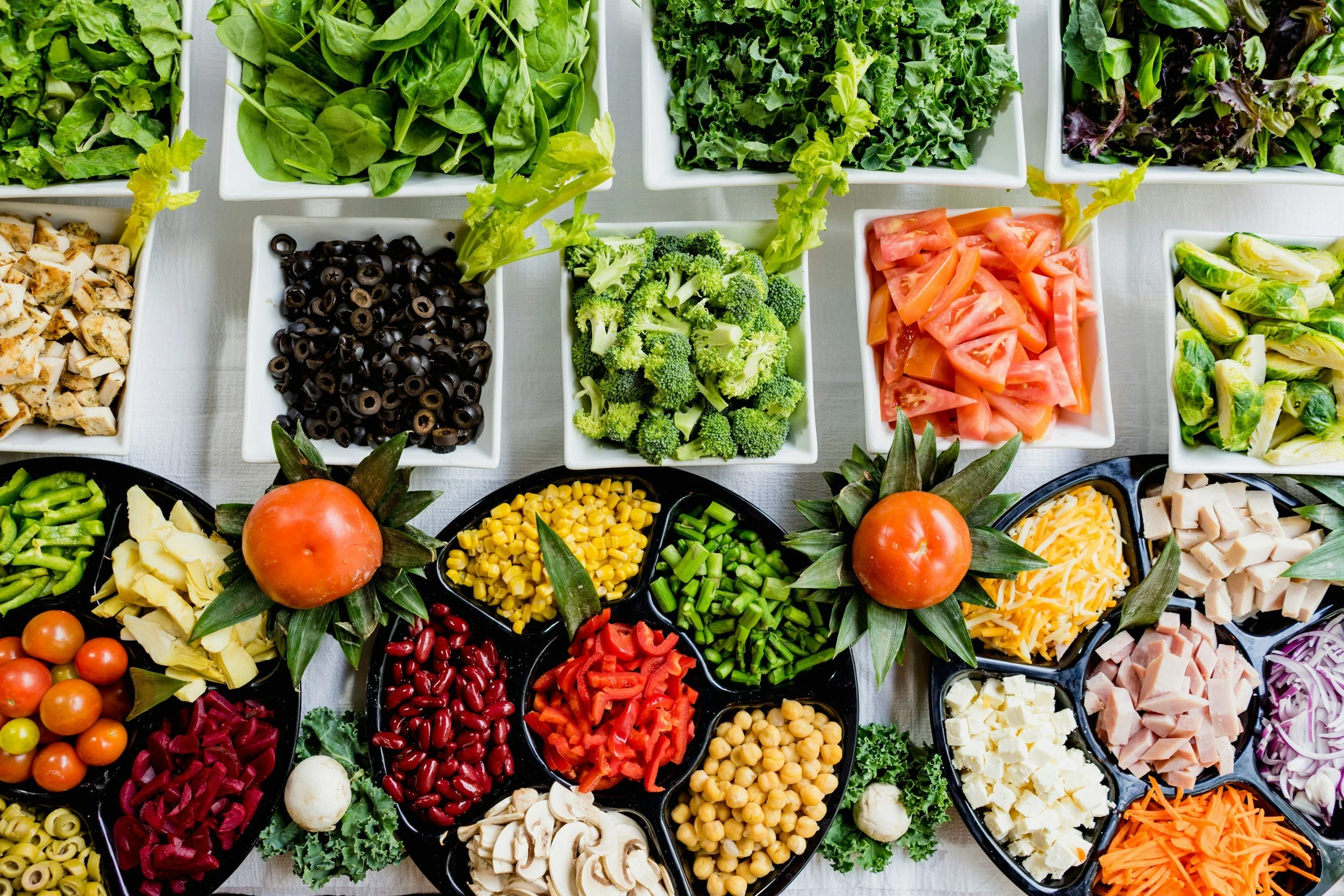
Why is a sleep clinic producing a coffee?
People often view coffee as the enemy of sleep. But is this right?
Coffee and quality sleep both promote wakefulness - they’re on the same side. But it’s more than that…read on to find out why drinking coffee can actually help your sleep.
What is Insomnia?
Insomnia is the difficulty in falling asleep, staying asleep, or early morning waking. It’s a deep-rooted sleep problem, occurring frequently during the week, and with a significant impact on how you feel and function during the day.
When you have insomnia, it’s common to try everything to try and sleep better. Not going out in the evenings. Skipping the gym. Going to bed early. Sometimes missing work. And nearly always stopping coffee.
Soon, all that’s left in your life is your insomnia. And you have nothing else to think about.
And the more you think about sleep, the less likely it is to happen.
A morning coffee is not going to make any noticeable disruption to your sleep at night, and it brings back a sense of normality.
Reintroducing coffee can reveal the flexibility of sleep, and with the looser and more relaxed view of sleep - you start sleeping better.
Restarting coffee can be an excellent way to begin rebuilding the parts of your life that insomnia has taken away. It also makes you feel more awake, which really helps if you aren’t sleeping well!
What is sleep effort?
You have probably noticed that when you try too hard to sleep, it becomes more difficult. This is sleep effort, and its one of the main drivers of insomnia.
But sleep effort can get a little complicated…
Sleep effort is very sneaky in how it gets established in your life, and bizarrely, its often in the form of well meant advice for sleeping better (with sleep hygiene advice often being the chief offender).
Taking a very regimented and intentional approach to sleeping better - e.g zero screen time, long sessions of breathwork, hot baths, cold baths, infra-red therapy, hypnotherapy soundtracks, lavender pillow spray, magnesium supplements - and stopping coffee - can actually make the problem worse.
Its not to say these things can’t help sleep, but when approached in a very purposeful way, they generate stress and worry, become sleep effort, and often make you sleep worse.
Restarting coffee can be a powerful way to deconstruct sleep effort and build in a flexibility with your sleep. And this slightly looser approach can make insomnia a lot better.
Poor Sleep Vs Insomnia
Perfect sleep doesn’t exist - in fact, even sleeping badly twice a week can be considered normal.
Insomnia is a little different. Insomnia is a specific sleep condition where you struggle to fall asleep, or stay asleep, occurring at least three times a week and with a significant impact on how you feel and function during the day.
Why it Matters
The ways to improve poor sleep are different to the ways we improve insomnia.
To improve poor sleep, we use something called Sleep Hygiene. Sleep hygiene is the general good advice to help you sleep better and more consistently. It looks at strengthening some of the systems that control your sleep, preparing your mind and body for sleep, and making the bedroom the best possible environment for sleeping in. The big issue is this: sleep hygiene does not work for insomnia.
Insomnia is specific sleep disorder and has a specific set of treatments, the most effective of which is called Cognitive Behavioural therapy for insomnia, or CBTi.
It happens too often that people suffering with insomnia get given sleep hygiene advice. Not only does this not work, it can actually makes insomnia worse.
Free Video:
Sleep Hygiene
Get our free 5 minute video with practical sleep tools from Dr David Garley.
What is Cognitive Behavioural Therapy for insomnia?
CBTi is the gold-standard behavioural approach for improving long-term insomnia. It teaches practical strategies that help you fall asleep more easily and stay asleep.
It’s a talking-based method that explores how your thoughts and daily habits influence your sleep. CBTi strengthens your natural drive for sleep, rebuilds the association between your bed and sleep, and helps you manage a racing mind or sleep-related worry.
We offer CBTi through one-to-one sessions or via our online insomnia course.
The Better Sleep Online Insomnia Course
CBTi (Cognitive Behavioural Therapy for Insomnia) is the leading behavioural method for improving long-term sleep patterns. We’ve created an online course that guides you through the key CBTi strategies step by step, so you can work through the material at your own pace and build healthier sleep habits over time. There are videos and articles, and you can ask us questions as you go along.
What if its the other way round and I’m drinking multiple coffees in order to function?
It’s all about balance. A coffee in the morning can help with alertness and soften an overly rigid view about sleep. However, if you’re needing multiple coffees to get through the day, then there may be something else going on.
Several things may cause this, but one important thing to be aware of is that feeling very sleepy during the day can sometimes mean your sleep isn’t as restorative as it could be.
It could be that you’re simply not giving yourself enough time to sleep. This can easily happen when life is busy. Finding a way to restructure your day to allow more time for sleep at night could make a difference.
There could also be something affecting the quality of your sleep.
A common example people often read about is Obstructive Sleep Apnea (OSA) – often linked with snoring – where sleep can become disrupted and less refreshing. This can lead to fragmented, lower-quality sleep, so even with enough hours in bed you may still wake feeling tired. This is different to insomnia. If you’re unsure whether this might apply to you, you can take our OSA Risk Assessment to explore whether you experience symptoms commonly associated with OSA
What other ways are there to boost wakefulness during the day?
Sleep is clearly important here. And coffee has its place in improving alertness and encouraging a relaxed view of sleep that can be so helpful. However coffee shouldn’t be relied upon as the sole way to improve daytime function. There are other great ways that often get overlooked.
Take a break
Working long periods without a break can be greatly fatiguing. Take a break every hour or so to keep your mind active.
Stay well hydrated - it’s easy to overlook hydration when busy with work.
Stay hydrated
Take a nap - a short sleep of max 20 minutes can help pep up energy, concentration and mood.
Take a nap
Good nutrition helps energy and alertness. Many find large carbohydrate rich meals, or lots of sugar can lead to very fluctuating energy levels which can be hard to manage.
Eat well
Getting outside and moving a bit can help alertness.
Go for a walk
Even a short light light-hearted natter with a friend or workmate can give your brain a rest and help pick up your mood.
Have a chat with a friend or a colleague
Free Resources
We have lots of helpful articles and videos to help you on our journey to better sleep, just click below.
FAQs
-
Yes. Coffee promotes wakefulness.
Caffeine, the active ingredient, temporarily blocks a chemical called adenosine, which is what gives you the drive to sleep.
This can be helpful in the morning (maybe less helpful right before bed)
-
Morning coffee will not make a noticeable difference to your sleep at night.
If you have coffee in the evening, most people will find it a little more difficult to fall asleep.
You can get around this, by not having coffee too close to bed.
-
Good question!
There is a big variation on this between different people.
There is no good quality research, but most studies suggest that your sleep is more likely to be disrupted if you have coffee within 8 hours of bed.
This doesn’t mean your sleep will be ‘ruined’, it just means you might find it takes a little longer to nod off, or you may wake up a little in the night.
But remember, humans are built to be resilient, and we can cope with a night or two of bad sleep (so if you REALLY want an Italian-style espresso after your dinner, then that is allowed)!
Reference: The effect of caffeine on subsequent sleep: a systematic review and meta-analysis. Gardiner et at, Sleep Med Review, 2023
-
There is a big range between people.
We look at something called the ‘half-life’. This is the time it takes a person to break down half of a substance.
For caffeine, the range is from 1.5hrs in some people, to 9.5 hours with others. Most of this difference is genetic, but is also influenced by being on other medications, smoking or if you are pregnant.
This is why some people can drink coffee in the evening ok, but others might stop earlier on.
Reference: Brachtel and Richter, Absolute bioavailability of caffeine from a tablet formulation. Journal of hepatology, 1992.
-
Energy drinks often have significant amounts of caffeine in.
Tea has caffeine in, including green tea.
You will also be surprised to hear that decaf coffee and tea also has a significant amount of caffeine in (its more ‘less caff’ than ‘decaf’)
The other one to keep an eye out for is chocolate.
Its worth being mindful of these if you have them before bed.
-
No, there is quite a range.
Caffeine is produced by coffee plants to act as a natural insect repellent. At lower altitudes there are more insects, so coffee beans produced at sea level often have more caffeine.
Higher altitude coffee are usually less caffeinated.
You can also reduce the level of caffeine from coffee.
‘Decaffeinated’ coffee still have a significant amount of caffeine in!
-
Most people who have a coffee right before bed will have some disruption to their sleep, but the ext to which this happens will vary on the individual.
This could mean you take longer to fall asleep, or you wake a bit more overnight, or you find your sleep a bit less refreshing.
You also might not notice much difference at all.
As humans, we are built to be resilient and we can handle a night or two of poor sleep. So even if you do sleep less well because of an evening coffee you will likely be ok!
Reference: The effect of caffeine on subsequent sleep: a systematic review and meta-analysis Gardiner et at, Sleep Med Review, 2023
-
Coffee can help with alertness, but if you are needing multiple cups a day in order to function, then this shouldn’t be ignored.
It might be that you just aren’t getting enough time in bed to sleep enough. Allowing more opportunity for sleep might be what you need.
It could also mean you have another kind of sleep disorder, such as obstructive sleep apnea.
If you aren’t sure - speak to your GP, or ask us to help.
The important thing is that you do not drive if you are feeling excessively sleepy.












